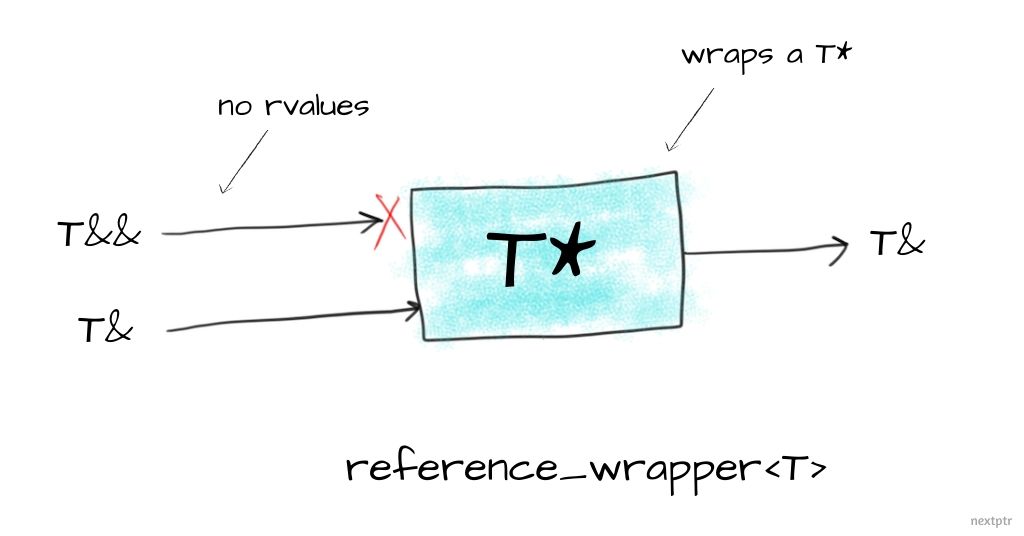CLion 2020.2 release: Makefile projects, C++20, enhanced static analysis, and doctest support
 CLion 2020.2 is released!
CLion 2020.2 is released!
CLion 2020.2: Makefile Projects, C++20, Enhanced Code analysis, Doctest, and Other Unit Testing Support Improvements
by Anastasia Kazakova
From the article:
CLion 2020.2 covers a wider variety of C and C++ projects and makes modern C++ coding easier. Here are the highlights:
- Project models
- Initial support for Makefile projects
- CMake upgrade to 3.17
- C++20 standard compliance
- Code completion for C++20 keywords
- Code completion in designated initializers
- Support for the
explicit(bool)construct in name hints, navigation, and refactorings- Range-based
forloops with theinitstatement are now supported- Code analysis
- A new inspection to constrain a function's result
- Dangling pointer check
- A more accurate Simplify inspection
- Check for a loop condition that is never updated
- New Inspection Widget and new Problems View
- Support for Doctest, and improved integration with Catch2 and Google Test 1.10
- Automatic creation of code coverage profiles
- PlatformIO plugin enhancements
- VCS:
- Git installed in WSL2
- A more helpful GitHub Pull Requests View
- Performance improvements

 Motivation behind reference_wrapper and common use cases.
Motivation behind reference_wrapper and common use cases. This year, CppCon 2020 is
This year, CppCon 2020 is  This year, CppCon 2020 is
This year, CppCon 2020 is  CycleRouter Ltd has released version 3.5 of their DeepEnds dependency analysis tool. A highlight:
CycleRouter Ltd has released version 3.5 of their DeepEnds dependency analysis tool. A highlight: This year, CppCon 2020 is
This year, CppCon 2020 is  This year, CppCon 2020 is
This year, CppCon 2020 is